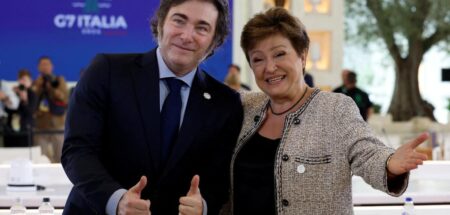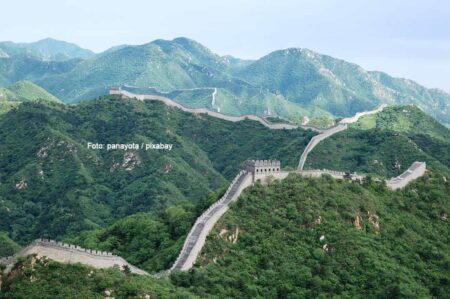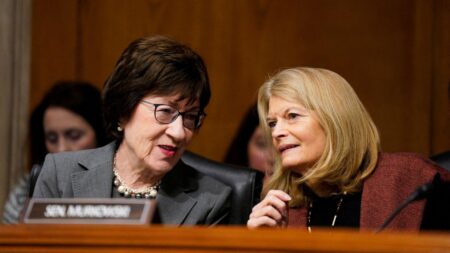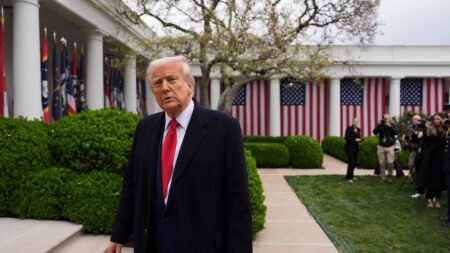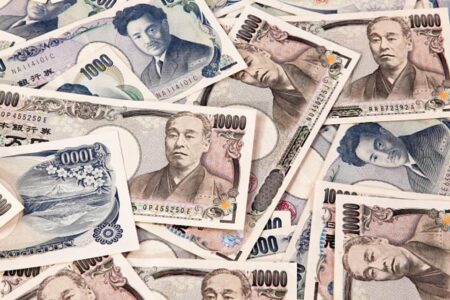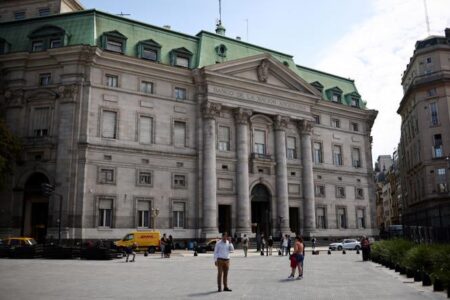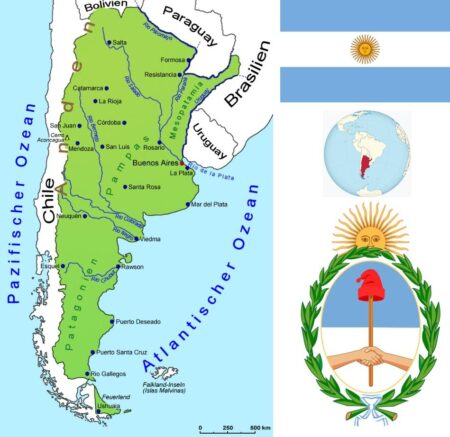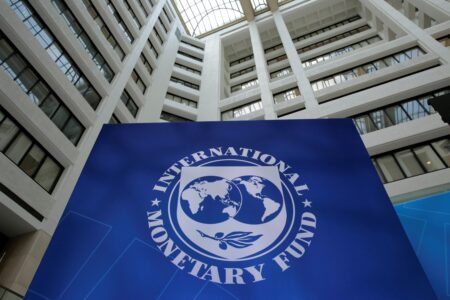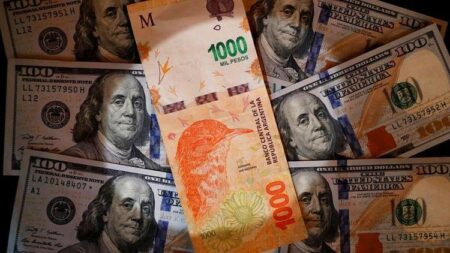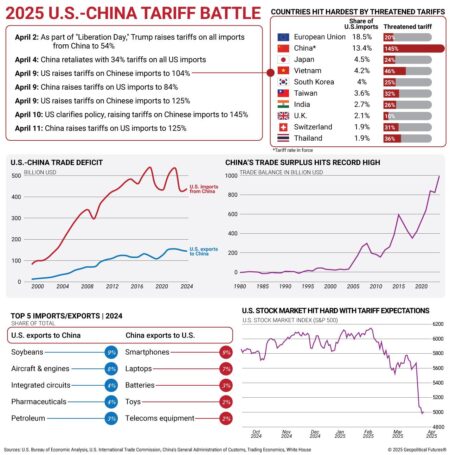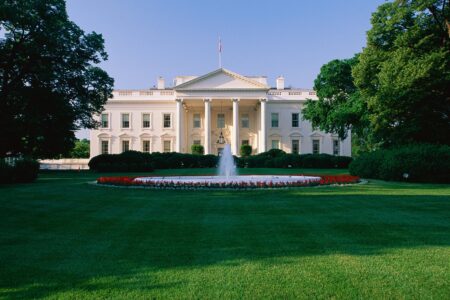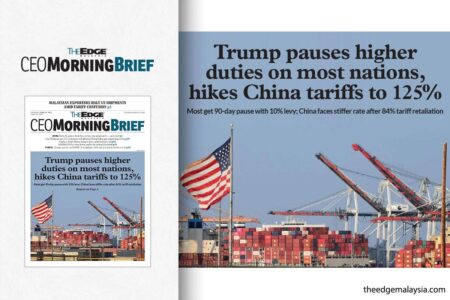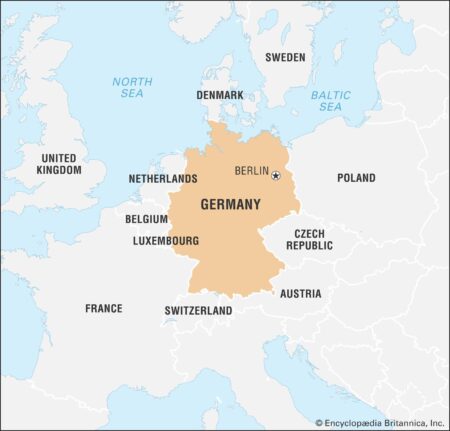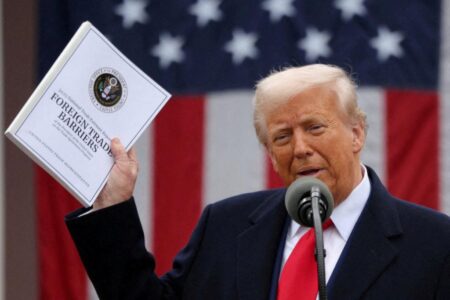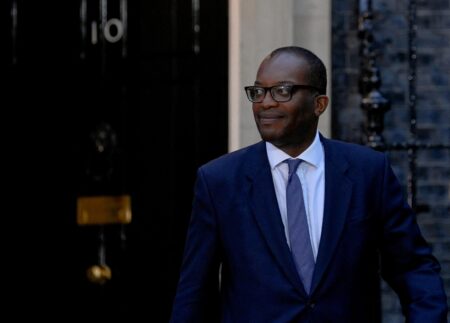In a significant economic shift, President Javier Milei has announced the end of Argentina’s strict currency controls, known as the “cepo,” following the IMF board’s approval of a US$20-billion bailout. This move aims to restore market confidence amid ongoing financial turmoil.
Browsing: economic policy
Central bank deputies from China, Japan, and South Korea convened to discuss the implications of U.S. tariffs on their economies. The meeting, reported by Reuters, highlights growing concerns over trade tensions and their potential impact on regional stability.
In a significant move, Republican rebels in Congress have voted to challenge President Trump’s controversial tariffs on Canadian goods. This bipartisan effort aims to curtail economic tensions and foster better trade relations with Canada.
Brazil is shifting its focus toward negotiation in response to recent U.S. trade tariffs, officials announced. The move aims to address trade tensions and foster stronger economic ties between the two nations, emphasizing dialogue over confrontation.
In a recent CNN feature, Fareed Zakaria delves into the steadfast Chinese mentality during the ongoing trade war, emphasizing a cultural ethos that prioritizes resilience and perseverance. He argues that this mindset shapes China’s approach to negotiations and conflict resolution.
Former President Donald Trump claimed that his tariff policy is “doing really well,” following China’s imposition of a 125% levy on U.S. goods. His comments come amid escalating trade tensions, as both nations grapple with the implications for their economies.
Japan’s government is contemplating cash handouts to help citizens cope with escalating living costs and the impact of U.S. tariffs. The proposed measures aim to alleviate financial pressure on households amid growing economic uncertainties.
Argentina’s President Javier Milei achieved a significant milestone by securing a deal with the IMF, marking a pivotal step towards economic stabilization. The agreement allows for the removal of most capital controls, signaling a shift towards fiscal reform and investor confidence.
In a significant move for his administration, President Javier Milei announced Argentina’s new deal with the IMF, marking a pivotal step towards economic stabilization. The agreement coincides with the removal of most capital controls, signaling a shift towards greater financial freedom.
The International Monetary Fund (IMF) has confirmed a preliminary agreement with Argentina for a $20 billion loan aimed at stabilizing the country‚Äôs economy. This funding is expected to bolster Argentina’s financial situation amid ongoing challenges.
In response to escalating trade tensions, China’s leading retail giants have committed to supporting local exporters in shifting their focus to domestic markets. This initiative aims to bolster the economy and mitigate the impact of ongoing trade disputes.
Argentina announced plans to lift its strict currency controls, bolstered by support from the International Monetary Fund (IMF). The move aims to stabilize the economy and restore investor confidence amid ongoing financial challenges.
As the US-China tariff battle escalates, analysts are increasingly scrutinizing former President Trump’s endgame. With tariffs impacting trade dynamics and consumer prices, the long-term implications for both economies remain uncertain as negotiations continue to stall.
Japan has urged the United States to eliminate reciprocal tariffs, labeling them as regrettable. This request comes amid ongoing trade discussions aimed at strengthening bilateral economic ties and addressing trade imbalances.
In a bid to mitigate escalating tensions in the ongoing trade war, the White House is reportedly urging Chinese President Xi Jinping to reach out to former President Donald Trump. The call aims to explore potential solutions as tariffs and trade barriers intensify.
China has retaliated against President Trump’s latest tariff hike by imposing duties of up to 125% on a range of U.S. goods. This escalation in trade tensions signals a deepening rift between the two economic giants, impacting global markets.
Germany’s opposition leader, Friedrich Merz, has unveiled a coalition deal aimed at stimulating economic growth and addressing migration challenges. The agreement seeks to unite various factions in a bid to bolster Germany’s stability and prosperity.
In a significant escalation of trade tensions, China has announced retaliatory tariffs on U.S. goods, raising duties to 125%. This move comes amid a declining dollar, signaling increased economic friction between the two nations. Continue following for live updates.
Argentina’s lower house has approved a probe into the controversial Milei-$LIBRA crypto scandal. Lawmakers aim to investigate allegations surrounding the cryptocurrency’s connections to presidential candidate Javier Milei, stirring political tension.
UK Finance Minister Jeremy Hunt is set to advocate for enhanced defense spending cooperation at an upcoming EU meeting, emphasizing the need for collective security amid global uncertainties. His remarks aim to foster unity in defense initiatives across Europe.

